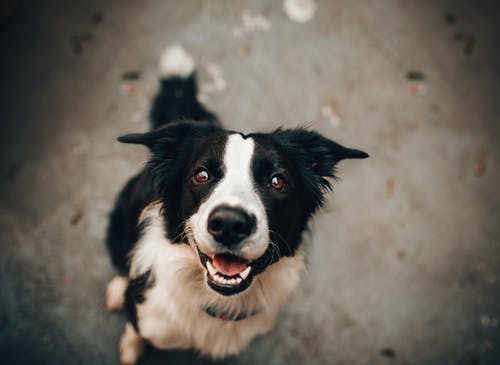Keep Your Aging Pet Healthy with These 7 Tips
According to vets, dogs over six years old are considered seniors. The same is true for cats that are more than eleven. Just like humans, as pets age, they require different levels of care.
Read these seven effective tips to help you care for your senior pet:
1. Comfortable Bed for Sleeping
Pets often have trouble getting comfortable as they age. A soft, comfortable bed will help them get a good night’s sleep.
2. Easier-to-Chew Diet
As pets age, their teeth may start to wear down, and they may have trouble chewing their food. You can buy pet food that is easier to chew or break the food into smaller pieces.
For instance, a senior dog can still enjoy a good game of fetch, but you may want to provide them with smaller treats that are easier to chew. Also, watch out for your pet’s weight since obesity can be a major health issue for older pets.
3. Extra Water
Older pets may not drink as much water as they used to, so it’s essential to watch their intake. You can place a water bowl near their bed or food dish or buy a pet fountain that encourages them to drink more.
4. Regular Vet Visits
Some pet owners tend to forget that their senior pet still needs regular vet visits. Older pets can develop health problems just like people do, so catching any early issues is important.
Take them to your trusted vets, such as KMVet.com, to track your pet’s health and ensure they get the care they need. The vet may recommend specific treatments or medications to help keep your pet healthy and comfortable during their visit. For instance, your aging cat may need to start taking thyroid medication.
5. Physical Activity
Just because your pet gets older doesn’t mean they can’t enjoy physical activity. In fact, staying active can help keep them healthy and happy.
You can take your senior dog for walks, play fetch or tug-of-war, or even take them for a swim. Monitor their energy level and adjust the activities as needed.
For cats, provide them with a scratching post and plenty of toys to keep them amused. You can also set up a small climbing area, such as a cat tree, to give them a place to explore.
6. Vaccination and Parasite Protection
Older pets are more susceptible to diseases and parasites, so keeping your cat and dog vaccinations and deworming is essential. Speak with your vet on the best way to protect your pet against common threats.
7. Oral Protection
Many older pets develop dental problems, such as gum disease and tooth decay. This can be very painful for them and lead to other health issues if left untreated. Your vet may prescribe an oral medication or diet to help protect your pet’s teeth.
Also, brush your pet’s teeth regularly (or have a professional do it) to help keep them healthy.
Keep in Mind
As your pet enters their golden years, you must keep these tips in mind and ensure they get the care they need. Your senior pet will be happy and healthy for many years with extra love and attention.
Also, choose a vet that specializes in senior pet care, such as KMVet, and can provide you with the best advice for keeping them healthy and comfortable. Visit them today to know more.





